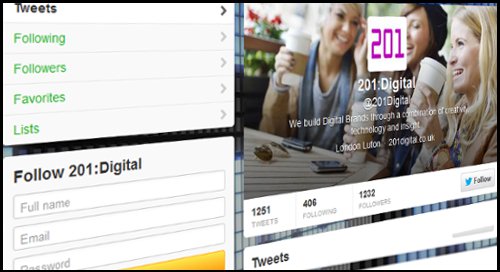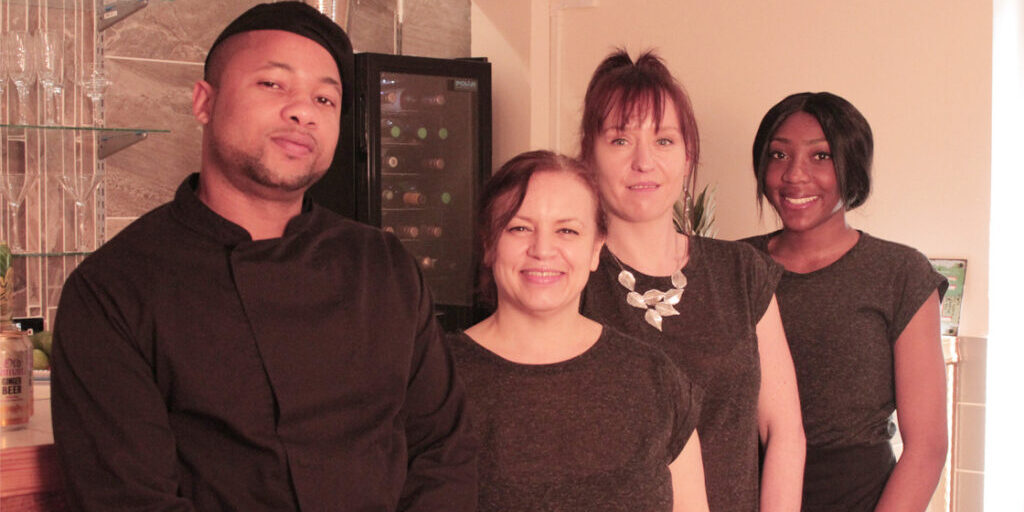
A recent article by Claudio Gandleman on The Next Web points out that a 40,000 year old cave painting that can be found in northern Spain will probably endure the test of time and outlast anything that might be written on today’s storytelling walls, those of Facebook. If the author is to be believed, modern forms of publishing and communication mean that the art of true storytelling is something that is being lost rapidly.
However, is this really the case? Does digital mean the death of written work that can ensure beyond thousands of years? Is the art of storing written works going to be lost in cyberspace as so much content is now produced that it makes much of it inconsequential?
Will this work be lost because, well, nobody really cares?
The age of shared information
Content is beyond King these days and every day, we share what would amount to ream upon ream of information that’s no longer necessarily categorised and kept safely in public repositories such as libraries. Whilst there are incentives to save digital content that is seen to be important, will this be enough to preserve really important work.
According to Gandleman: “The immense efforts you make to document your life, share your opinions, stand up for your values, or create written art ultimately have no more permanence than the wave a pebble makes upon dropping into the river.”
Whilst this may be true, historically it’s true to say that the majority of ordinary citizens had no means or even desire to share written journals of their life and so in modern times, why should this be any different? Yes, the majority of social media posts will be lost, but take a good look at the stuff your peers share and ask yourself if this is a bad thing.
Social media posts have a short shelf life, especially on Twitter, which moves at such a rate that you’re lucky if your tweets actually get read in the 30 seconds that they appear. So, perhaps the assertion that this means this particular type of written work will be lost is completely correct.
However, social media users also share information that is valuable. Journals rarely do the rounds but the majority of the serious academic publications are now online, so there’s information from some of the world’s leading minds being retained right there.
A brave new world
Likewise, eBooks are taking over print, whether as a book lover you like it or not, and publishing houses and authors are adapting quickly to bring us everything from the classics to Stephen King’s latest novel to digital.
Then there’s news outlets. Publishers are beginning to find payment models that suit the digital format for magazines and newspapers, ensuring that we, the reader, always have news and views at our fingertips.
So no. I don’t believe that the art of storytelling is being lost. Social media fodder may very well get lost in the cybersphere, but it’s hardly great literature for the most part is it. I doubt very much that the ancient people that created said cave paintings gave very much thought to the longevity of their art either.
Gandleman says that the aim is not to “bash Facebook or Twitter”, but to make people aware that it’s not the place for “meaningful content”. It’s safe to say that the majority of people know this though and you don’t find many academics or authors publishing their content purely on social, although they may share and promote it this way.
Advertising is the new storytelling?
Of course, the very term ‘storytelling’ can be heard being used liberally amongst marketers, whether they are talking digital or not. Storytelling prompts action, if it’s done really well and so marketers attempt to use it as a means to sell products. Just like they have on other mediums such as TV and magazines for decades.
It’s also worth pointing out that only 20-28% of words on a web page tend to be read as people tend to skim when reading on a screen. This suggests that some work that could be deemed important could indeed get lost. It’s unlikely though and this is because human beings seem to have a knack for recognising work that is ground-breaking, innovation and highly useful.
However, the internet offers storytelling in various ways, such as graphically, with video and audio and more. This means that whatever story you have to tell and whether it’s for marketing purposes or others, we now have different mediums which we can explore and people will continue to come up with better and bigger ideas as to how best to get their message across.
Storytelling. SEO, books, these are just three of the things that online predictors of doom just love to tell us are all about to drop dead. However, these things are changing yes, but that doesn’t mean they no longer have value, they are simply presented in a different manner, but like the differing techniques of cave painting and drawing on a canvas, or writing on paper.
For those in the creative industries that have adapted and evolved with the times, it’s an exciting new world of creative opportunity. So whatever your profession, writer, artist, web designer, software developer, remember that those that sound the death knell for your profession and the creativity that goes with it, are not necessarily right because they predicted doom.
Let us know your what you think!
THE word in professional, persuasive, digital writing. Specialists in writing, tweeting and social sharing for businesses across the globe.
Get more leads, make more sales, grow your brand faster.





